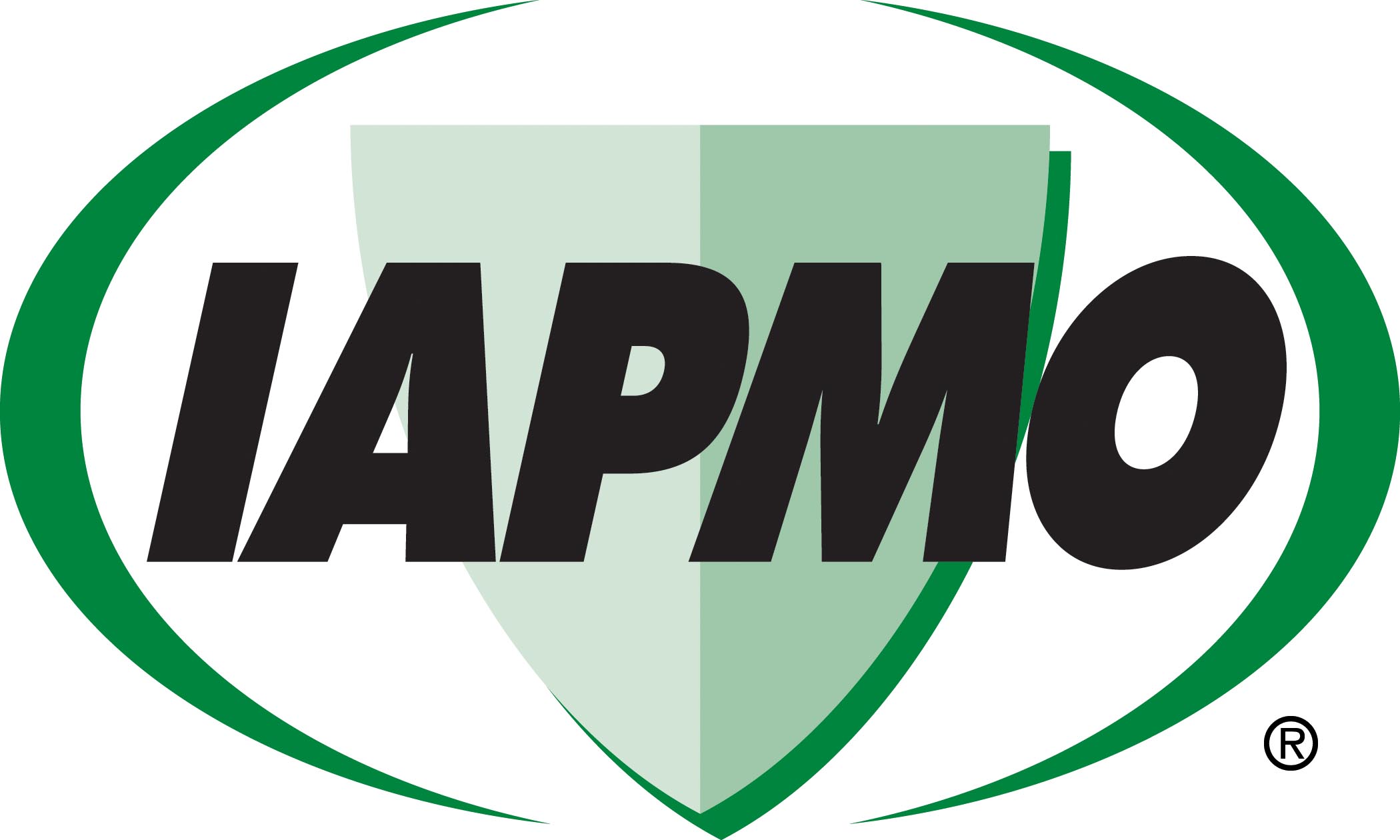Taken from the Online Editions of the UPC & UMC Answers & Analysis

SUBJECT: Accessibility for Service
SECTION: 304.1, 304.4 (2024 UPC)
Question:
1. Does the language “accessibility for service” imply that the unit or equipment (ex. fan coil unit) would not necessarily need to be installed in a manner whereby the entire unit can be removed via an access panel or by removing a section of a tee-bar ceiling?
2. Is it acceptable to have to cut a hard lid ceiling to remove a fan coil unit? Or should the hard lid be removable to perform the replacement or service?
Comment: Section 304.4 indicates that for appliances in attics or under floor spaces, the access opening needs to be as large as the “largest component of the appliance”.
Answer:
1. Yes, the intent is to be able to remove the largest component of the equipment such as a fan, motor etc. An “Appliance” as defined in Chapter 2 Definitions is a device that utilizes an energy source to produce light, heat, power, refrigeration, or air conditioning therefore section 304.1 would apply to the fan coil. The access panel would not need to be sized allowing for the whole Fan Coil, but enough to service it and remove components (e.g. blower motor), but sized for the largest component to be removed and replaced, or if size of the largest component was less than the size of an individual suspended ceiling panel access could be provided at that point. Removal of the suspended ceiling main tees and cross tee do not meet the intent of the 2015 Uniform Mechanical Code. The suspended ceiling main tees and cross tee are considered permanent construction.
You must be able to access any part or component and be able to service and maintain the unit or appliance without obstruction. Service implies preventative maintenance and emergency repairs. It does not mean full replacement. A fan coil unit is not installed with the intent that it should be replaced completely without disturbing aspects of the building.
2. Cutting a hard lid is not acceptable. You would need a access panel. A hard lid would be considered permanent construction therefore concealing the unit. See “accessible and readily accessible in section 203 in chapter 2 of the 2015 UMC.
SUBJECT: Applications for Human Comfort and for Nonindustrial Occupancies.
Piping : 1105.3 (2024 UMC)
Question:
Does section 1104.6 allow A2L refrigerants to be used on non-industrial occupancies including residential?
Answer:
No, section 1104.6 of the 2021 Uniform Mechanical Code does not specifically prohibit the use of A2L Refrigerants in residential occupancies, but states they shall not be used in high-probability systems for human comfort.
SUBJECT: Refrigeration Access
SECTION: 1105.3 (2024 UMC)
Question:
Where an indoor refrigerant fan coil (evaporator coil, txv, blower, filter) is installed in a non-rated attic, is it required to provide a minimum 30″x30″x30″ accessible opening and passageway?
Answer:
Yes, under the provisions of 2021 Uniform Mechanical Code Section 1105.3 Exception 2 access to the equipment is permitted through an unobstructed space not less than 30×30 inches with an unobstructed height of 30 inches for repair, service and replacement of air filters, brine control, stop valves, fan motors or drives, and remotely de-energized electrical connections. Additional accessiblity provisions can be found in chapter 3.
SUBJECT: Product Conveying Ducts
SECTION: 1602.3 (2024 UMC)
Question:
Does the termination from a diesel generator exhaust have to terminate 30′ from a property line?
Answer:
The 2021 Uniform Mechanical Code does not address diesel generator exhaust. However, section 1602.3 and Chapter 17 references stationary engine generators are to be installed in accordance with NFPA 37 and the manufacturer’s installation instructions.

IAPMO
IAPMO develops and publishes the Uniform Plumbing Code®,the most widely recognized code of practice used by the plumbing industry worldwide; Uniform Mechanical Code®; Uniform Swimming Pool, Spa and Hot Tub Code®; and Uniform Solar Energy, Hydronics and Geothermal Code™ — the only plumbing, mechanical, solar energy and swimming pool codes designated by ANSI as American National Standards — and the Water Efficiency Standard (WE-Stand)™. IAPMO works with government, contractors, labor force, and manufacturers to produce product standards, technical manuals, personnel certification/educational programs and additional resources in order to meet the ever-evolving demands of the industry in protecting public health and safety.
Last modified: September 3, 2024
